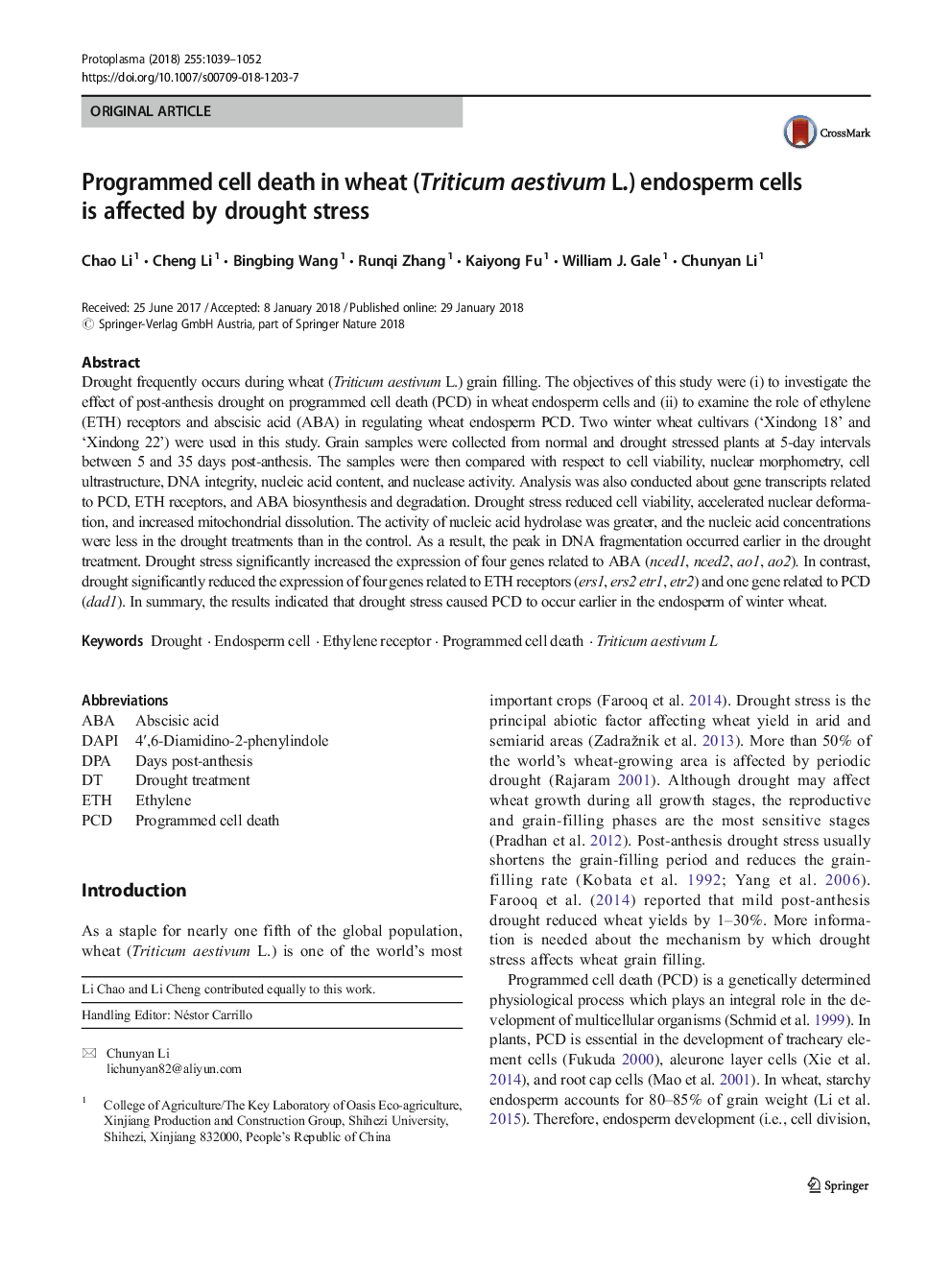| Article ID | Journal | Published Year | Pages | File Type |
|---|---|---|---|---|
| 7348667 | Economics Letters | 2018 | 14 Pages |
Abstract
In a canonical multi-sender Bayesian persuasion game, Gentzkow and Kamenica (2017) show that increasing the number of senders cannot decrease the amount of information revealed. They assume: (i) information can be arbitrarily correlated, (ii) senders reveal information simultaneously, and (iii) senders play pure strategies. This paper constructs examples that demonstrate that adding senders can result in a loss of information if any of these assumptions is violated.
Related Topics
Social Sciences and Humanities
Economics, Econometrics and Finance
Economics and Econometrics
Authors
Fei Li, Peter Norman,
